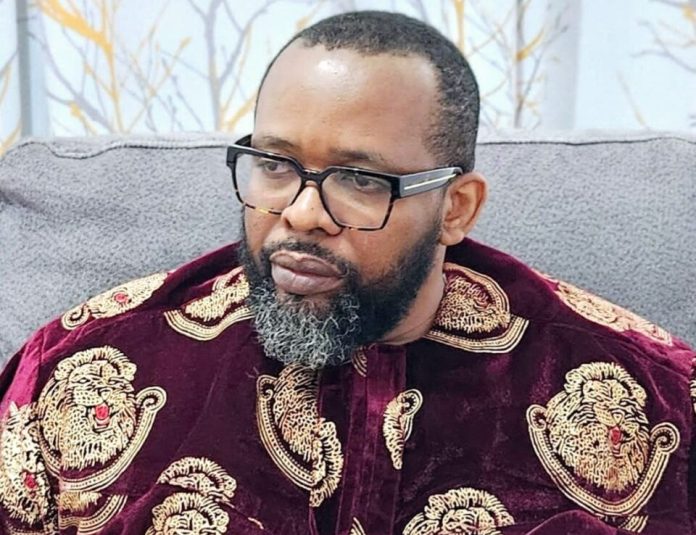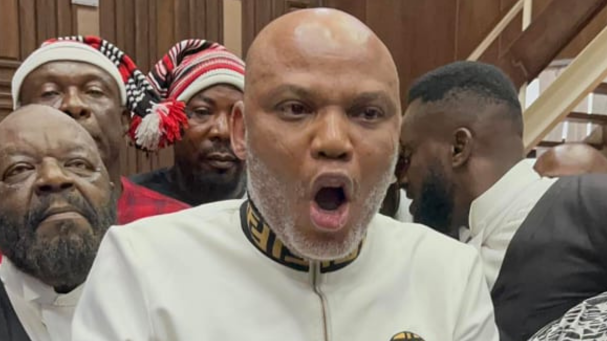Another separatist group, the Indigenous People of Igbo Nation for Self-determination, has emerged in South East Nigeria, demanding a referendum for the region’s separation into a sovereign entity.
The group claims that the Igbo people, an ethnic group in Nigeria’s South-East region, have long faced systemic oppression, marginalization, and state-sponsored violence.
Convener of the group and leader of the Igbo-Biafra Nationalists, Uche Mefor, asserts that this treatment against the Igbos is a clear violation of their human rights.
He claims that Nigeria often cites territorial integrity to suppress the Igbo people’s desire for self-determination, which he says is misguided. “Nigeria consistently hides under the principle of non-violation of territorial integrity and non-interference to justify gross human rights violations and suppress the Igbo people’s legitimate aspirations for self-determination,” he says.
International law, while recognizing territorial integrity, does not condone its use as a pretext for human rights abuses. Mefor points out that Nigeria’s actions are in direct conflict with international law, which prohibits crimes against humanity, ethnic cleansing, and systemic persecution of ethnic groups.
Nigeria’s claims of inviolable territorial integrity are further undermined by its own actions, according to Mefor. For instance, the country willingly ceded the Bakassi Peninsula to Cameroon in 2002, following an International Court of Justice ruling. Additionally, Northern Nigeria has been granted autonomy through the adoption of Sharia Law, demonstrating that Nigeria’s sovereignty is not absolute and can be altered through legal and diplomatic processes.
Systemic Suppression of Igbo Self-Determination
He claims that the Nigerian government has consistently blocked avenues for meaningful dialogue and peaceful resolution of the South-East region’s grievances. The Igbo people face political and economic marginalization, with limited representation in key national leadership positions and deliberate economic exclusion. The region has also been subject to military aggression, resulting in mass atrocities and human rights violations, he asserts.
The Igbo people’s demand for self-determination is rooted in international law. Mefor argues that the Igbo people’s desire for a free and impartial plebiscite is a legitimate pursuit of justice, human rights, and self-determination. The UN Charter, the International Covenant on Civil and Political Rights, and the African Charter on Human and Peoples’ Rights all recognize the right of peoples to self-determination.
A UN-supervised referendum is the most democratic and peaceful means of resolving the South-East crisis. Such a plebiscite would ensure impartiality, legitimacy, and prevent further violence. The international community must act to uphold its commitment to global peace and justice, protect the Igbo people from further human rights violations, and provide a model for resolving similar conflicts worldwide, Mefor writes.
Mr. Mefor was the deputy leader of the Indigenous People of Biafra, led by the incarcerated Mazi Nnamdi Kanu, before the two fell out. Mefor argued then that the group was taking on Judaistic form, away from the promise of secularism agreed upon at its founding.
While separatists in the region continue to advance their arguments, there is no evidence to support that the aspiration is shared by the majority of Igbos, who have spread, work, and live in nearly all parts of the Nigerian federation.
Comment, Like 👍, share this article, and Follow us on our social media handles.








